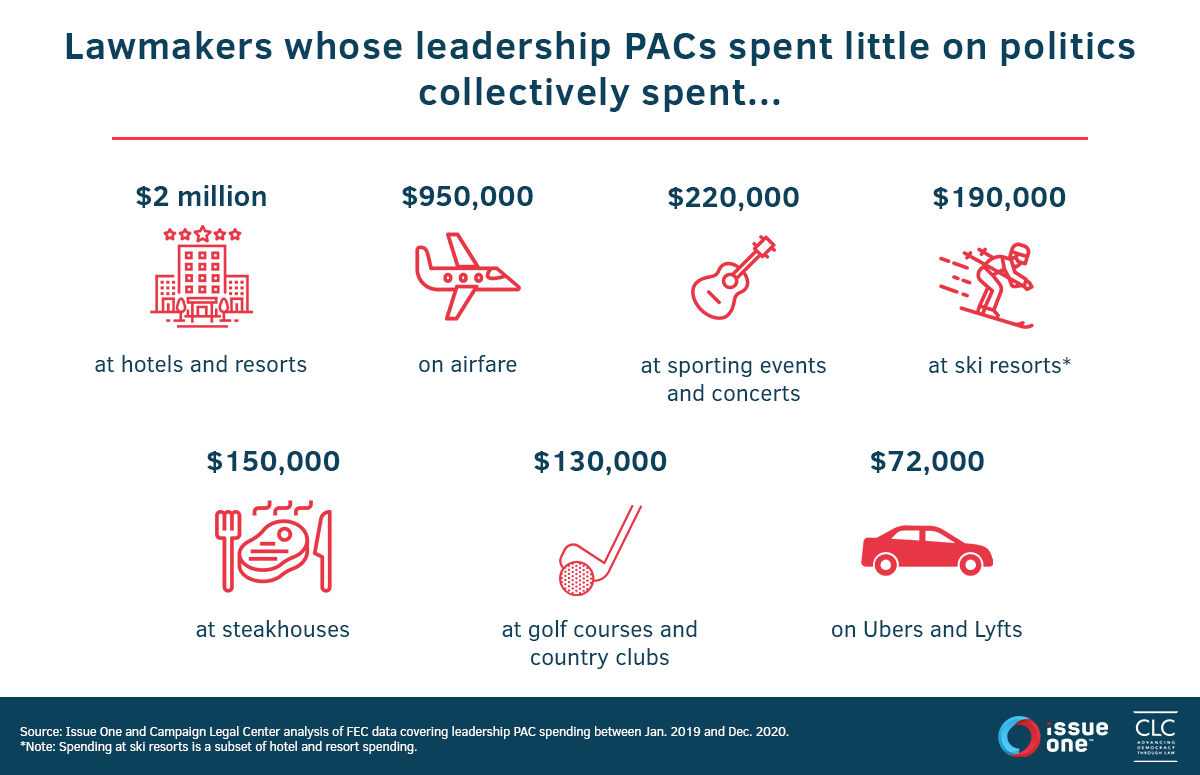Archived
Everything you need to know about McDonnell v. United States
*Updated – June 27, 2016* The 2016 election will be remembered for many things, but particularly for the widespread appeal of the calls to clean up Washington made by Sen.…
Archived
By limiting the type of conduct subject to court trial to a range of “official acts” that only captures the clearest examples of corrupt politics, the Supreme Court’s decision in McDonnell v. United States opens the door to a cascade of questionable deals between elected officials and special interests.
While a functioning democracy must involve communication between constituents and their representatives, we need laws that govern these interactions, that clearly define and prevent corruption, establishing a straight-forward division between everyday and pay-to-play politics.
Even though the ruling allows for the possibility that Governor McDonnell could be re-tried, today’s decision reinforces the public’s perception of elected officials serving as willing participants in a system that grants access and favors in return for gifts.
“One of the greatest sins of a public servant is betraying the trust of the voters and, in doing so, undermining faith in our system of government,” said Nick Penniman, executive director of Issue One. “McDonnell did exactly that, and did so at a time when confidence in those who govern is at a historic low.”
The Virginia General Assembly began to move on ethics legislation in the aftermath of the former governor’s Appeals Court decision, but what resulted was toothless. We encourage Virginia and other state legislatures to continue to review and bolster their own ethics laws, and their enforcement, in light of McDonnell’s transgressions.
But we cannot stop at the statehouses: Congress must take bold action immediately to restore the American people’s faith in their government. A recent Gallup Poll showed that 75 percent of Americans believe corruption is widespread in government, but serious steps to address this issue have not been advanced in more than a decade.
Congress could act by passing the Public Corruption Prosecution Improvements Act, introduced by Senators Patrick Leahy (D-VT) and John Cornyn (R-TX). It is a common-sense reform that expands the boundaries of corrupt actions. Although the bill has bipartisan support, it has stalled and was not re-introduced in this Congress despite past support. In the aftermath of the Supreme Court’s shameful decision, we urge leaders in both chambers of Congress to make corruption their top priority.
Governor McDonnell and his wife accepted more than $175,000 in loans, gifts, vacations and shopping sprees from Jonnie Williams, a businessman who requested McDonnell’s assistance in securing FDA approval for his company’s dietary supplement by directing state universities to conduct necessary research. McDonnell’s actions, which included arranging meetings between Williams and state public health officials, effectively lobbying to include the dietary supplement in state workers’ health coverage plans and hosting a launch event for the supplement at the Executive Mansion, are sufficient to be considered a corrupt bargain.
Once again, the Supreme Court has demonstrated that its justices misunderstand money’s pernicious influence in politics. McDonnell’s actions make a functioning democracy unsustainable, handing our nation to crony capitalists who use government for their own personal and financial benefit. The U.S. government’s position in the case was supported by a bipartisan collection of amicus briefs: the Campaign Legal Center; the Brennan Center for Justice at N.Y.U. School of Law; Citizens for Responsibility and Ethics in Washington, Public Citizen and Democracy 21; and Judicial Watch and the Allied Educational Foundation.
Issue: Ethics &
Accountability
Archived
*Updated – June 27, 2016* The 2016 election will be remembered for many things, but particularly for the widespread appeal of the calls to clean up Washington made by Sen.…
Archived
Our democracy is facing a threat from 501(c) organizations that receive foreign donations and redirect them to political campaigns. Fortunately, Reps. Derek Kilmer (D-WA) and Richard Hanna (R-NY) just introduced…
Archived
Is it just us, or is dark money getting even darker? On Tuesday, the House passed H.R. 5053, the Preventing IRS Abuse and Protecting Free Speech Act. The bill forbids…

